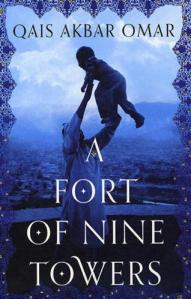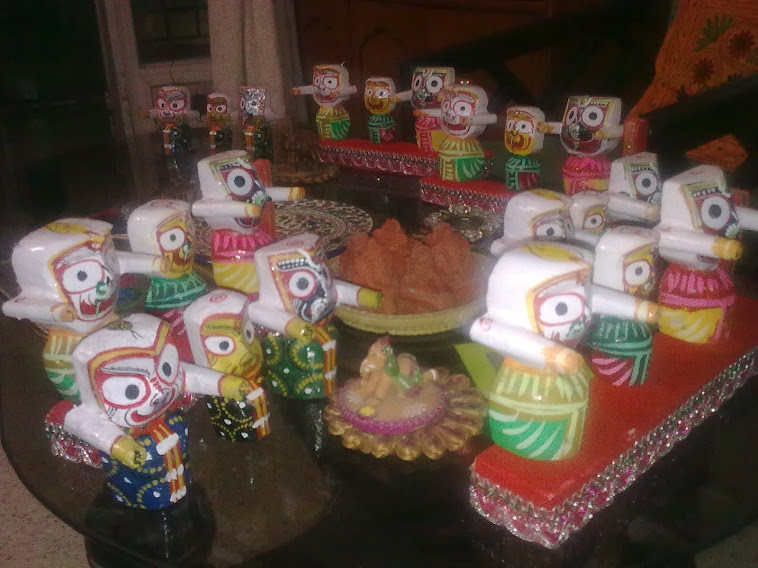 A Fort of Nine Towers by Qais Akbar Omar (Picador UK; 14.99 Pounds; Rs 599, Pp 396)
A Fort of Nine Towers by Qais Akbar Omar (Picador UK; 14.99 Pounds; Rs 599, Pp 396)
Qais Akbar Omar was born in an Afghanistan where “our neighbours were like us, quiet and educated people. When there was a wedding or engagement party in one of their houses, everyone in the neighbourhood was invited, along with their kids and servants.”
This remarkable memoir brings to life a complex and at times strikingly beautiful Afghanistan beyond the news clips of war and violence the rest of the world has seen since decades. The author remembers the society of his early childhood as warm and benign. As a respected citizen without any elected position, young Omar’s grandfather talked after prayers at the mosque on how to keep the neighbourhood clean, solve civic problems, and create better facilities for the children to play together. People listened to him, and he discreetly helped neighbours in financial straits....
This memoir is structured around contrasts. As the author, now a young man living in post-war Afghanistan, begins telling his story, a phone call reminds him of his aunt who emigrated to Canada during the war. The aunt is searching for a bride for him, among expatriate Afghan girls who have become young women in a free and peaceful country. She has “seen them taking full advantage of opportunities they would never have had in Kabul had their families stayed there over the past three decades.” The author is now twenty-nine years old, has a university degree and runs his own carpet business. He also has both arms and legs, all of which is normal in most parts of the world, but “which is an issue in mine-ridden Afghanistan.”As young Omar grows up, he sees his idyllic world crumble around him with a child’s innocent bewilderment. When the Mujahedin arrive in Kabul, people all over town come out to chant ‘Allah-hu-Akbar” to welcome the ‘holy warriors’. As Omar’s father explains, people “want the Mujahedin to come to Kabul and make the Russians leave Afghanistan.” Meanwhile, Omar’s sister tries to scare him by saying this chanting is the beginning of Doomsday. Little Omar is not sure whom to believe. Like the children, the adults too are innocent and full of hope. Ironically, it is the children’s innocently voiced fear which proves true. Soon, war spreads to Omar’ own neighbourhood. Mujahedin break into their home and loot their valuable carpets. Omar’ observations, rife with a child’s innocence and clarity, drive home difficult truths. “Suddenly, I understood that these guys were ordinary thieves who had joined one of the factions. They were not true Mujahedin who defend their country and faith against the invaders and heretics.” The new intruders lose no time in ravaging a lovely and peaceful neighbourhood into a war zone.
...This is a moving account of love, determination and survival against terrible odds. The author portrays the richness and beauty of Afghan life and culture with love and respect. He voices with clarity and dignity, deep pain at that has happened to his family and to his country. While demonstrating the strength, generosity and deep seated values of his people, he successfully transcends barriers with the universal hope for peace and amity.
This is a truly moving book, a must-read. My detailed review is published in Kitaab

No comments:
Post a Comment